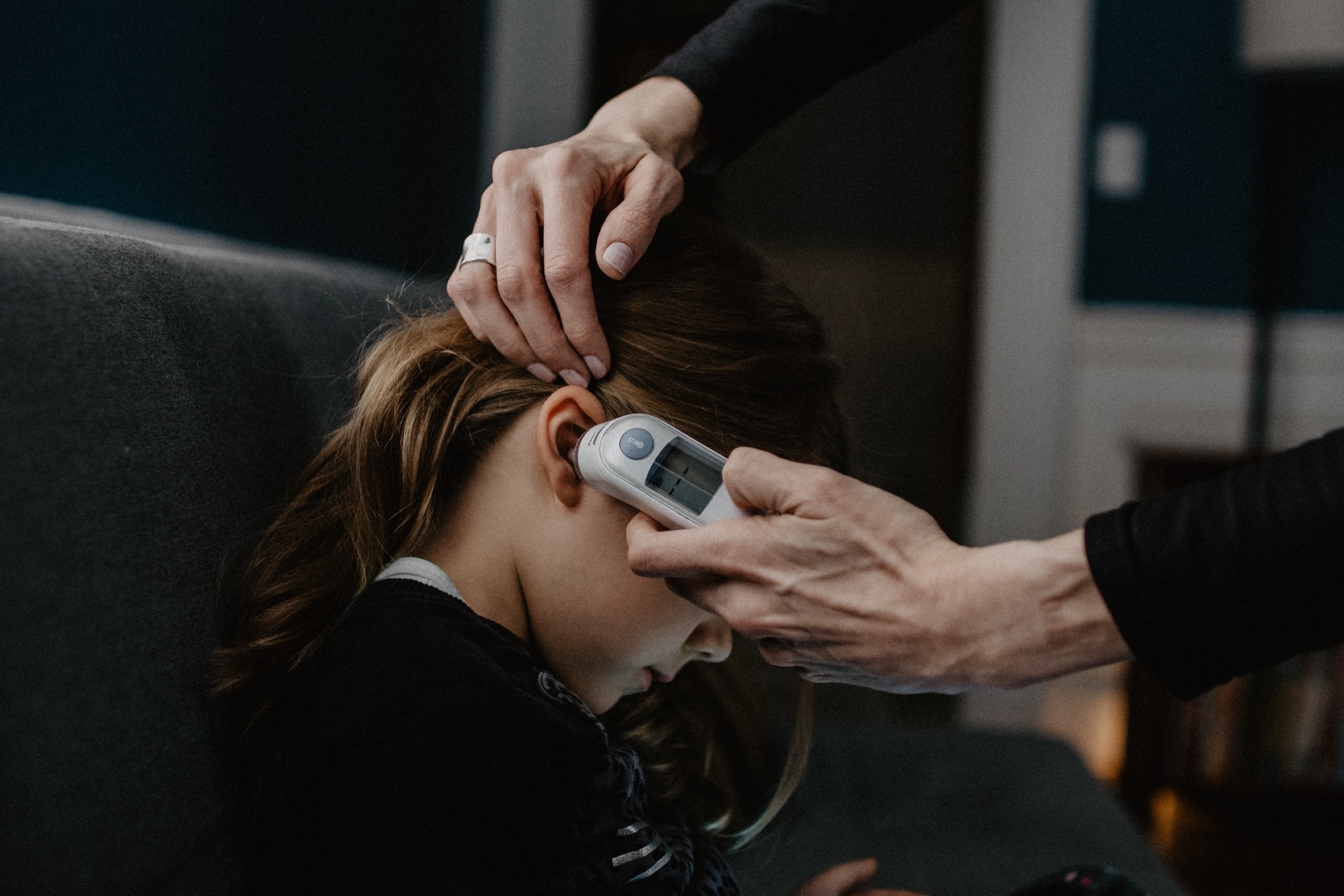School
2 min Read
Tips For Treating Fevers

November 13, 2022
School
2 min Read

November 13, 2022

Question: My six-year-old daughter had a fever that would come down with Tylenol but then kept going back up after the medication wore off. What’s going on?
Answer: Fever is a pretty common symptom, but it’s not a disease. It’s the body’s response to an underlying illness. In other words, the fever medication doesn’t treat the illness, just the fever. In a six-year-old, mouth readings can be quite reliable, but remember that the method of taking the temperature will impact the result. First, assess your child’s behaviour. Is she demonstrating any of the following?
Are there other symptoms, such as coughing, headache, sore throat, difficulty urinating, difficulty breathing, wheezing, stiff neck, seizure or rash? Any change in behaviour or additional symptoms merits a trip to the doctor. Tell the doctor if there is anyone else sick in your home, or whether a recent immunization was given. Both could be the cause of the fever. If your child is her usual self and there are no worrisome signs, continue to observe, and if a fever persists for 72 hours, see your doctor.
Fever requires immediate assessment because babies’ immune systems are not fully equipped to fight infections. You can medicate your child to bring down the fever but you must seek medical attention to determine the cause of the fever.
Originally published in October 2010.